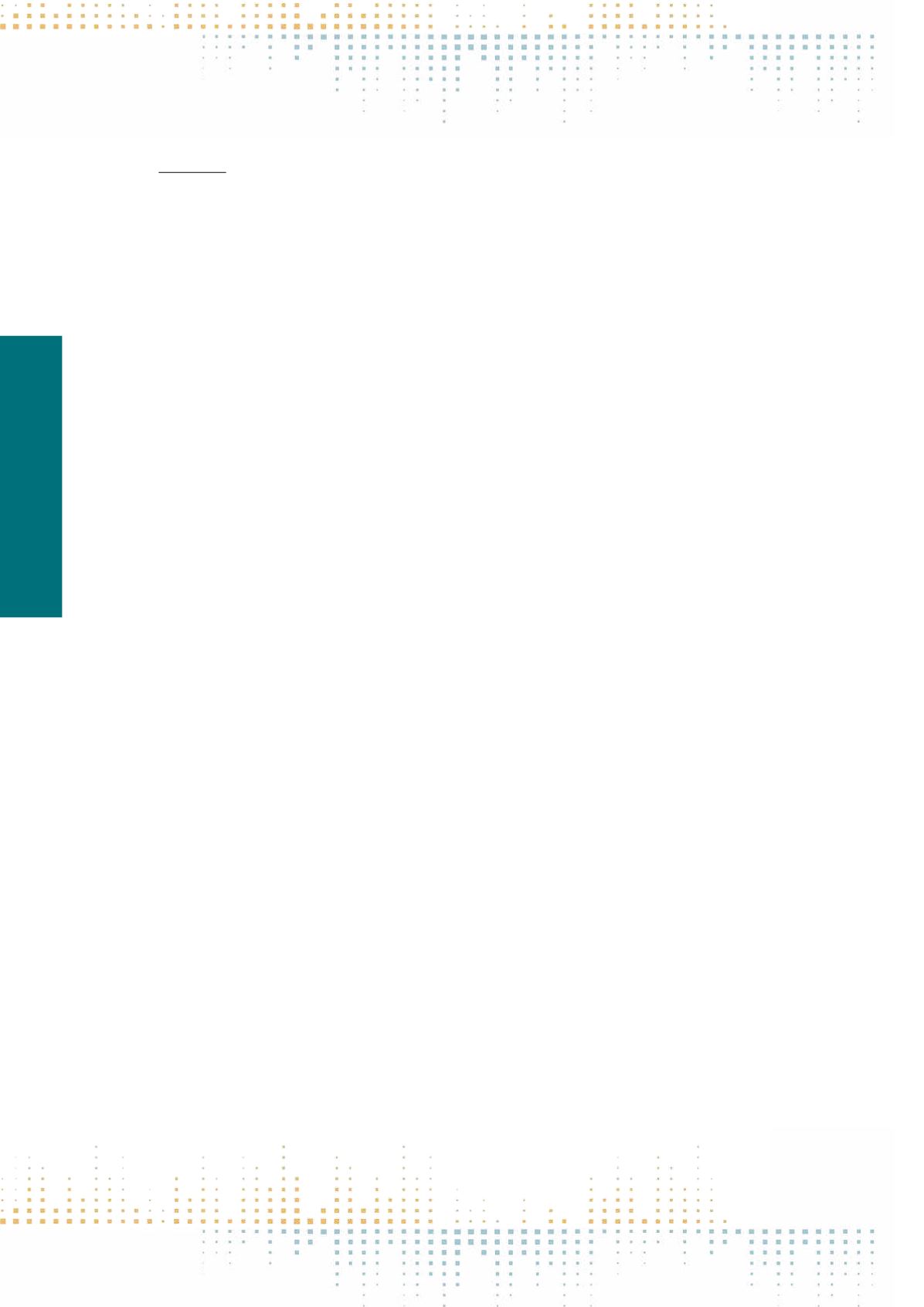

502
Thursday, November 10
1 4 : 3 0 – 1 6 : 0 0
PP 176
Enlightening Present, Past and Future: Revisiting Scepticism
J. Gomes Pinto
1
1
Lusofona University, School of Communication, Lisbon, Portugal
Contesting is a way of enlightening! It is a way of doing a critique, a form of searching for the condition of possibility of every appearance and knowledge (I.
Kant). One of the first critical and radical enquires on knowledge and appearances, come from the Sceptics. Scepticism is an in-between position, a middle
point from theoria and hedone. Historical scepticism appears as an attitude towards a rigorous examination about all possibilities of a judgment and its ver‑
bal enunciation. Scepticism is an active attitude towards the assent to a proposition about reality but not to reality itself and by this means it is the first form
of discourse analysis. Scepticism is not a negative epistemic position. On the contrary, it is rather a vital attitude towards the scrutiny of every mental picture
that withholds beliefs about the world as a common ground. In «contesting the past, present and future» scepticism is thus needed, for it is a suspension
of all past‘big pictures’of the world; but a sceptical attitude has also historical and political repercussions: by suspending judgments it delays the possibility
of shared common ground (communication) and defers the reaching of every consensus.With a truly sceptical attitude communitas is at stake. Not engaged
in fostering theories, we will argue that scepticism is a practical attitude in seeking the meanings of the propositions “I know-I think/We know-We think”.
In a mediated world, where time and community are constructions of media dispositifs, where time is but a function of the archives –Groys reminds us that
time is a mere function of the ‘new’−, scepticism will emerge in our argumentation as a positive attitude to revisit dogmatic assumptions and pre-critical
judgment in any mediatized environment. We will show that scepticism is a systematic enquiry on what is the meaning of the past, a proactive method to
widen the present and a useful instrument to foresee the time ahead. We will do this by recalling sceptic concepts such as ataraxia, tranquillity or freedom
of worries, epoche, or bracketing every judgments, and equipollence, the equality of being convinced or unconvinced. We will argue that scepticism is
a method of delaying time in order to moderate affections and retrieving duration to think clearly. If we assent that «digital media’s temporality is the im‑
mediate present» (Byung-Chul Han) and that every technic is a human technic, where all period is an anthropotechnic (P. Sloterdijk), scepticism will to
be appear the appropriate action/method for deferring and enlightening events, an attitude that can bring time into time, creating duration. This is not
exempt of scandal, for modernity is the epoch of no suspensions, of no discontinuities (W. Benjamin), a period where actions are urging. How can we think
bracketing and tranquillity in a mediated world? Can ataraxia be thought as a way of cancelling what J. Crary names 24/7? How can we reassess ataraxia
and scepticism in an over-pathetic world? How can we think the meaning of ataraxia in an epoch of media-scale communication?



















